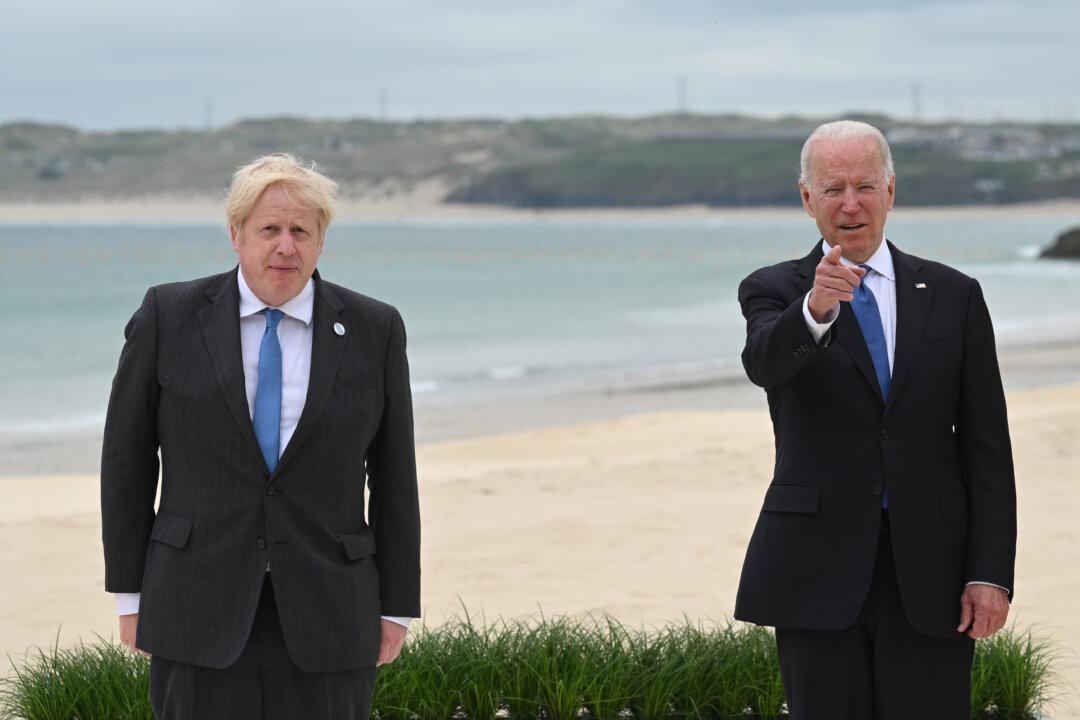Commentary
Leaders from the seven richest nations in the world that make up the G7—China is still not considered an advanced economy—are meeting this weekend in the UK.

Leaders from the seven richest nations in the world that make up the G7—China is still not considered an advanced economy—are meeting this weekend in the UK.